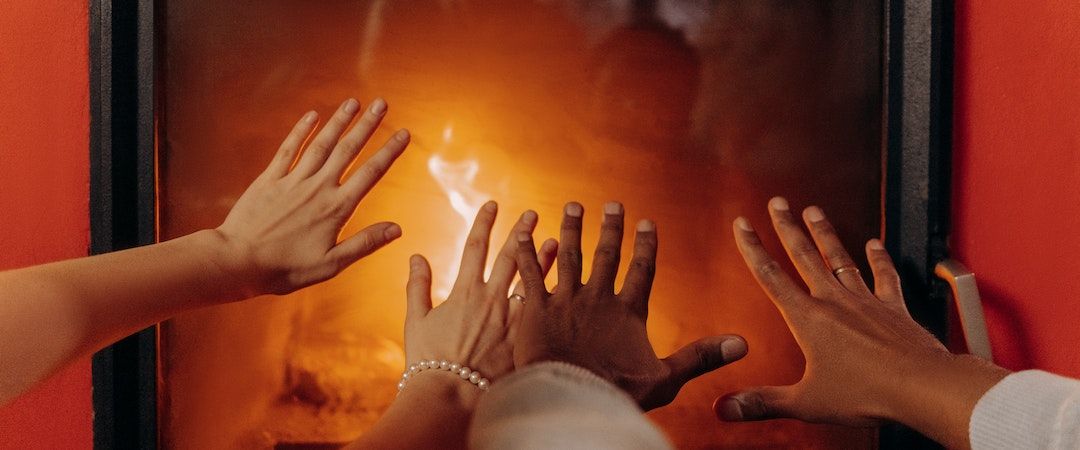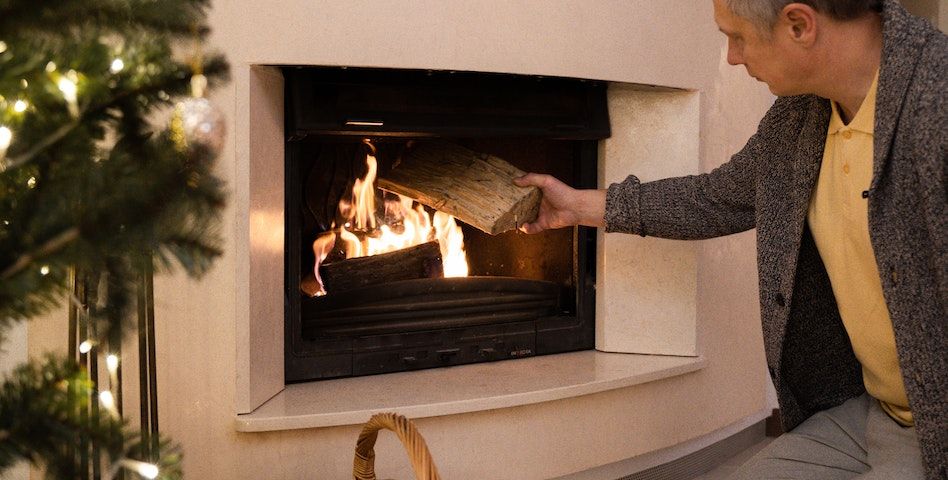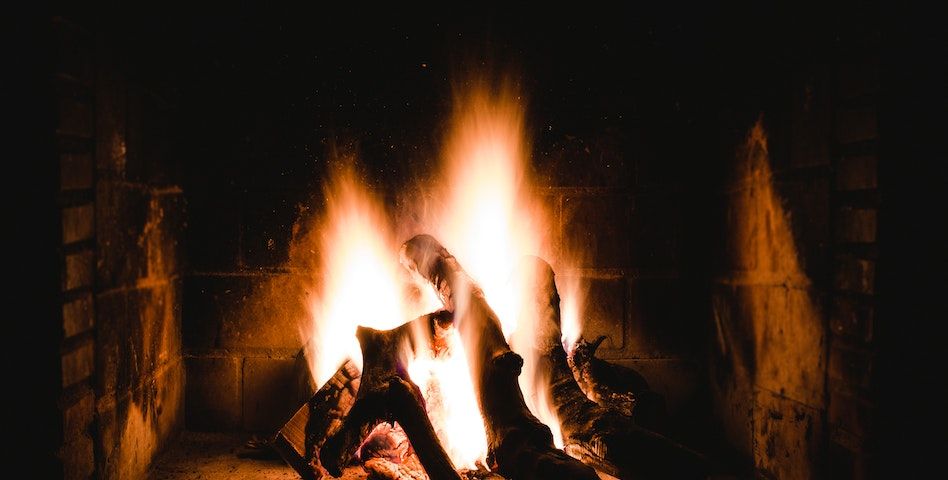Fireplace in the Living Area: Losing Popularity or Not?
In this blog, we'll explore whether fireplaces are losing their appeal in contemporary homes and whether they still hold a place of importance in modern living spaces.

The fireplace has long been a centerpiece of the traditional living room, providing warmth, comfort, and a sense of coziness. However, as architectural styles and interior design trends evolve, the popularity of fireplaces in living areas has come into question. In this blog, we'll explore whether fireplaces are losing their appeal in contemporary homes and whether they still hold a place of importance in modern living spaces.
A Timeless Symbol of Comfort and Ambiance
The Appeal of a Crackling Fire
For centuries, the allure of a crackling fire has been synonymous with comfort and relaxation. Fireplaces have a unique ability to create a warm and inviting atmosphere, making them a focal point in many homes. The flickering flames and radiant heat have an innate ability to draw people together, fostering a sense of togetherness and connection.

Architectural Charm and Character
Fireplaces are often regarded as architectural elements that add charm and character to a living space. Whether it's a classic, ornate mantel or a sleek, minimalist design, fireplaces can be customized to complement various interior styles, from traditional to contemporary.
Modern Living and Design Trends
Minimalist Aesthetics and Space Efficiency
One of the factors challenging the popularity of fireplaces in living areas is the trend toward minimalist aesthetics and space efficiency. Modern homeowners often prioritize clean lines and open spaces, which can be at odds with the bulk and prominence of traditional fireplaces. As such, some opt for a more streamlined, minimalist approach to interior design.
Energy Efficiency and Environmental Concerns
Another consideration is the increased emphasis on energy efficiency and environmental sustainability. Traditional wood-burning fireplaces, while charming, are not the most efficient or eco-friendly heating options. Many homeowners today are seeking alternative heating solutions that have a smaller carbon footprint.
The Rise of Alternative Heating Solutions
Gas Fireplaces and Inserts
To address concerns about efficiency and convenience, gas fireplaces and inserts have gained popularity. They offer the ambiance of a traditional fireplace without the hassle of wood procurement and ash cleanup. Gas fireplaces are also more energy-efficient and emit fewer pollutants.
Electric Fireplaces
Electric fireplaces have seen a surge in popularity due to their ease of installation and versatility. They come in a range of styles, including wall-mounted units and inserts that can be placed in existing fireplaces. Electric fireplaces provide on-demand heat and flame effects with the flick of a switch, making them a convenient option for modern living areas.
The Role of Tradition and Nostalgia
Preserving a Sense of Tradition
While modern living trends may lean toward sleek, minimalistic designs and energy-efficient solutions, the appeal of a traditional fireplace remains strong for many. Homeowners who value tradition and nostalgia may opt to keep or install a wood-burning fireplace, viewing it as a connection to the past and a source of comfort.
Hybrid Solutions
Some homeowners choose hybrid solutions that combine the charm of a traditional fireplace with the efficiency of modern technology. For instance, masonry heaters are an old-world concept that stores heat from a wood fire and gradually releases it, providing efficient heating with a traditional touch.

Conclusion: A Shifting Landscape
The popularity of fireplaces in living areas is experiencing a shift in the modern architectural and interior design landscape. While the traditional wood-burning fireplace remains a cherished feature for many, it's facing competition from more energy-efficient, space-saving alternatives like gas and electric fireplaces. The decision to include a fireplace in your living area ultimately depends on your priorities, design preferences, and lifestyle.
In today's homes, fireplaces continue to be a symbol of comfort and ambiance. However, their form and function have evolved to meet the demands of contemporary living. Whether you opt for a traditional hearth, a gas insert, or an electric fireplace, the warmth and charm of a crackling fire can still be a cherished addition to your living space. The fireplace may be transforming, but it's by no means fading away; it's simply adapting to the changing needs and tastes of homeowners in the 21st century.